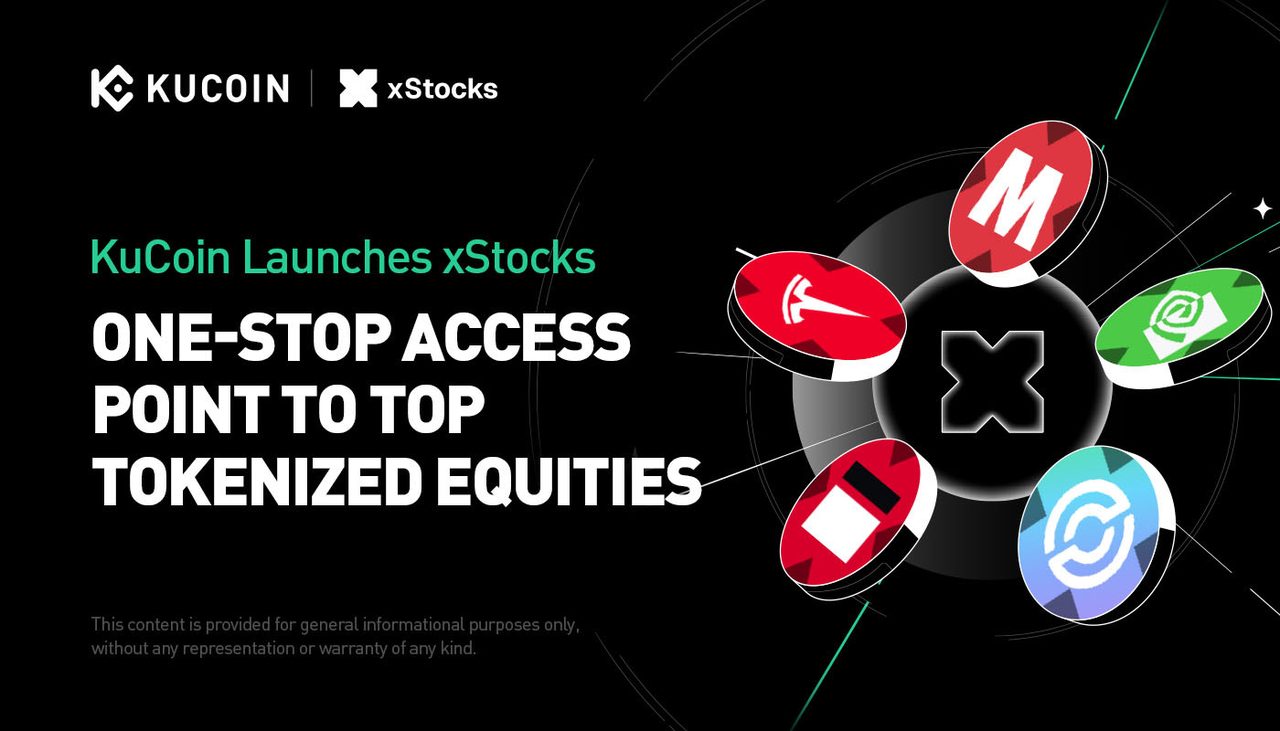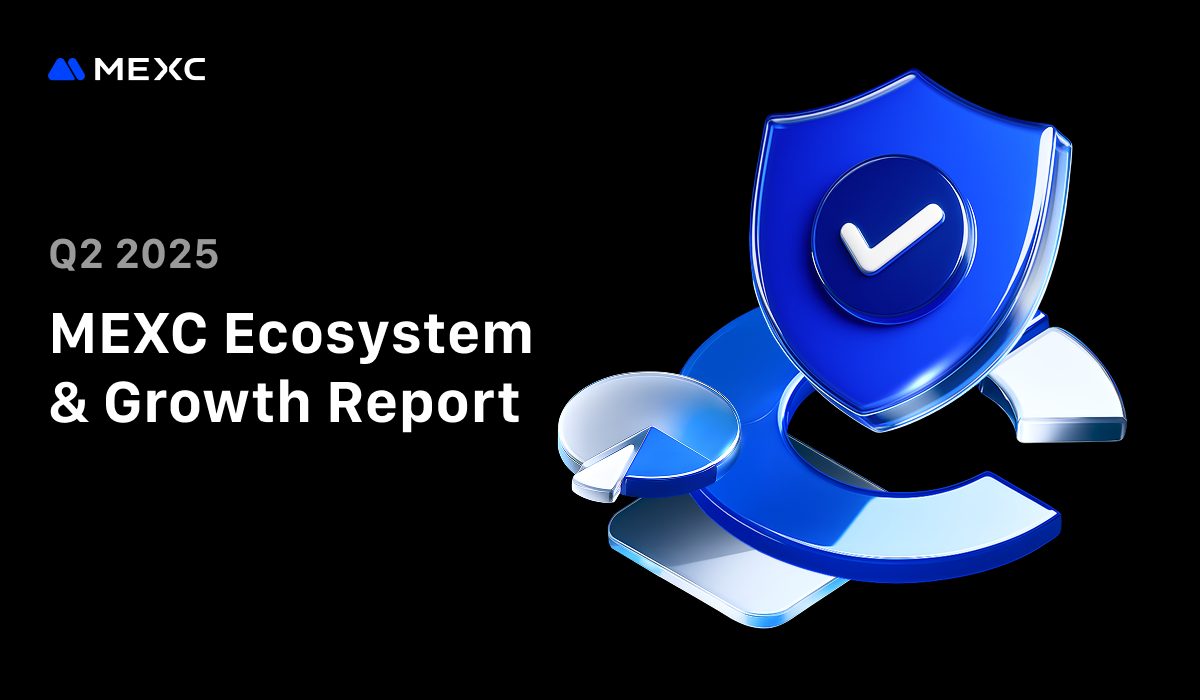Understanding digital identity is crucial in today’s digital age where our online presence is becoming increasingly important for accessing various services and conducting transactions. Digital identity refers to the different forms of identification used in the digital realm. While traditional identification systems have been in place for physical interactions, digital identity focuses on establishing and verifying identities in the online world.
One common example of digital identity is government-issued identification, such as driver’s licenses or national ID cards. These physical documents have long been used to prove a person’s identity, but as we move towards a more digital society, digital forms of identification are becoming prevalent. These digital identities allow individuals to access services, conduct online transactions, and verify their identity in digital platforms.
However, traditional identity systems often face numerous challenges. These systems can be difficult to access, leading to exclusion of individuals who do not have the necessary documents or resources to obtain traditional identification. They can also be insecure, vulnerable to attacks, and susceptible to fraud. Additionally, traditional identity systems are often fragmented, requiring individuals to provide multiple forms of identification for different purposes.
Blockchain technology has emerged as a potential solution to these challenges, offering numerous advantages for digital identity applications. Blockchain is a decentralized and immutable ledger, where records cannot be altered or tampered with once they are added. These characteristics make blockchain technology a suitable platform for digital identity verification.
Many experiments and initiatives are currently being conducted to explore the use of blockchain for digital identity. Some governments have already started transitioning their national identity systems to blockchains, which ensures transparency, security, and immutability of the identity records.
One of the key advantages of blockchain-based digital identities is their potential to provide identification to individuals who lack proof of identity. According to the World Bank, there are approximately 11 billion people worldwide who lack access to formal identification. This lack of identity prevents them from accessing essential services like healthcare, education, and banking.
Blockchain-based digital identity solutions can leverage the widespread use of mobile phones to provide simpler and more accessible identification options. For instance, individuals can use their mobile devices to create a digital identity on a blockchain, which can then be used for various purposes, such as opening a bank account or verifying their identity to potential employers. These solutions are cost-effective and can significantly reduce the barriers faced by marginalized populations in accessing essential services.
Another significant advantage of blockchain-based digital identities is enhanced security. Traditional digital identity systems are vulnerable to various forms of attacks, such as identity theft and data breaches. On the other hand, blockchain-based identities provide enhanced security through the use of cryptographic techniques.
When a person’s identity information is stored on a blockchain, it is cryptographically secured and linked to their unique digital signature. This ensures that only the owner of the identity can access and control their information. Additionally, the decentralized nature of blockchain means that there is no central point of failure, making it extremely difficult for hackers to compromise the system. The immutability of blockchain records also ensures that once an identity is verified and recorded, it cannot be altered or tampered with.
Blockchain-based digital identities have the potential to revolutionize various industries and use cases. For example, in the banking sector, blockchain-based identities can streamline Know Your Customer (KYC) processes, reducing the time and cost associated with customer onboarding. In healthcare, blockchain-based identities can ensure secure sharing of patient data between different healthcare providers, improving patient outcomes and data privacy.
Furthermore, blockchain-based identities can enable self-sovereign identities, giving individuals complete control over their personal data. Instead of relying on centralized authorities to manage and control identity information, individuals can choose which data to share and with whom, empowering them with greater privacy and autonomy.
In conclusion, digital identity is a critical aspect of our online lives, and blockchain technology provides innovative solutions to the challenges faced by traditional identity systems. By leveraging the immutability, security, and decentralization of blockchain, digital identities can be more accessible, secure, and user-centric. As blockchain technology continues to evolve, we can expect further advancements in digital identity solutions, revolutionizing how we establish and verify our identities in the digital realm.















